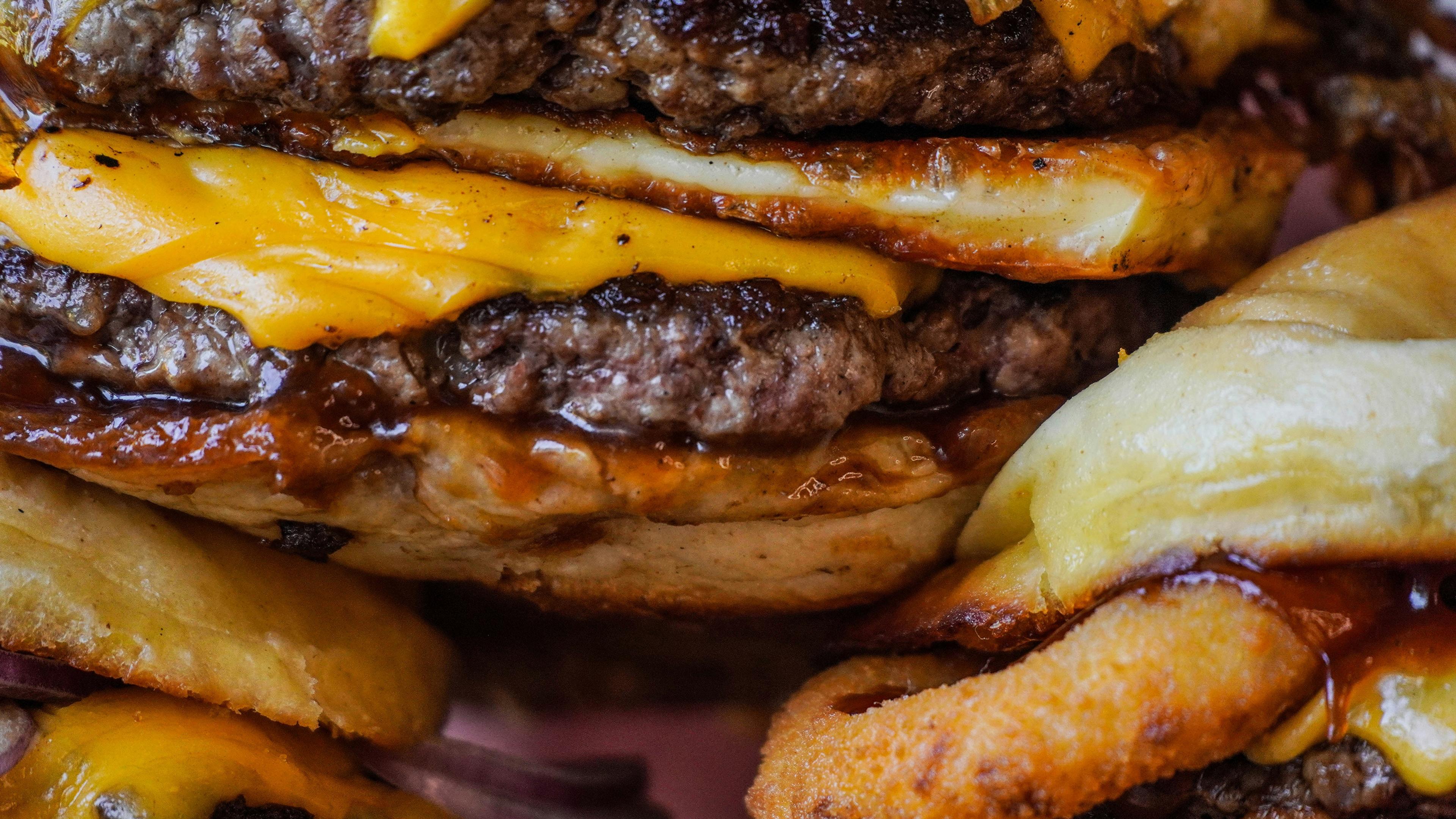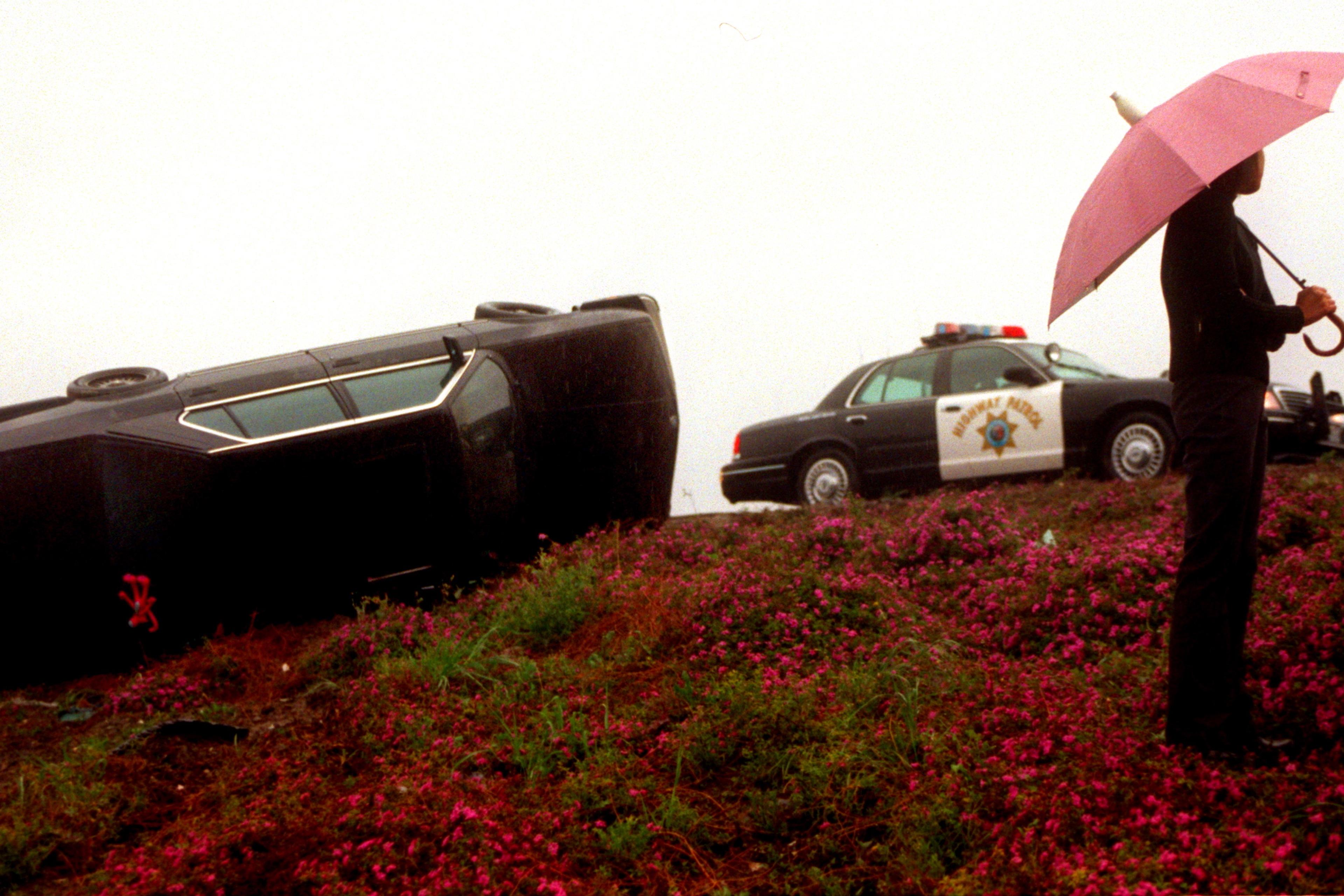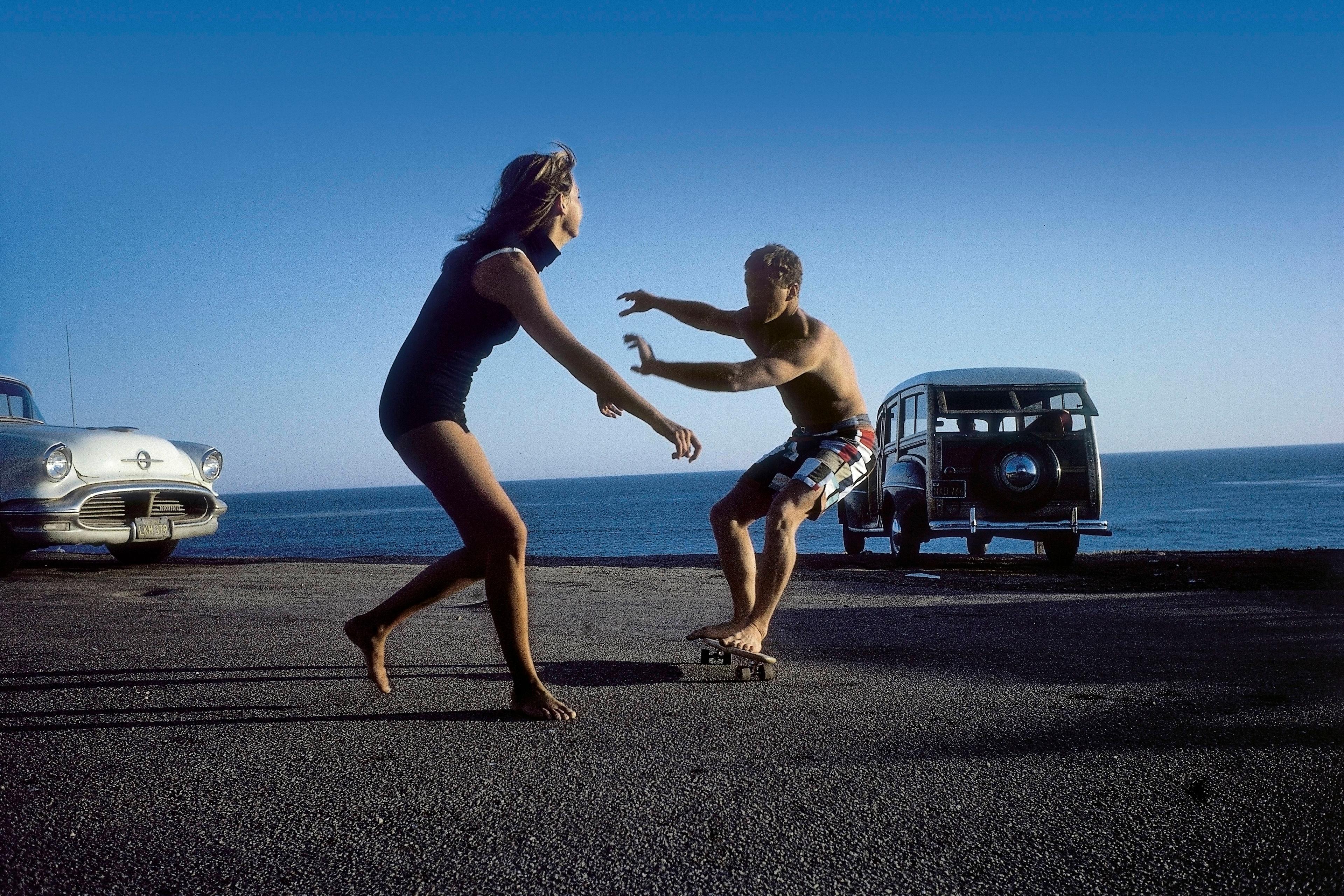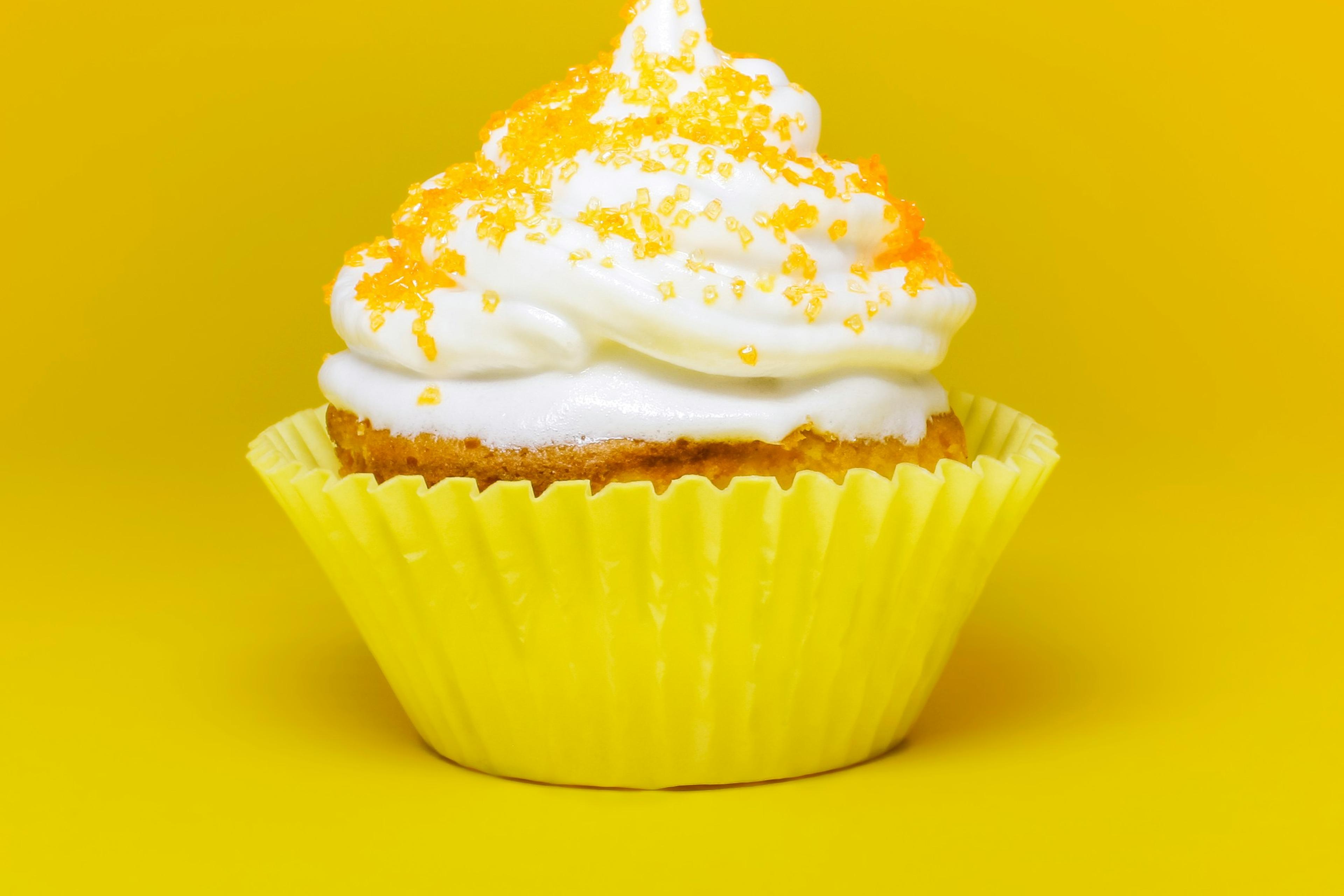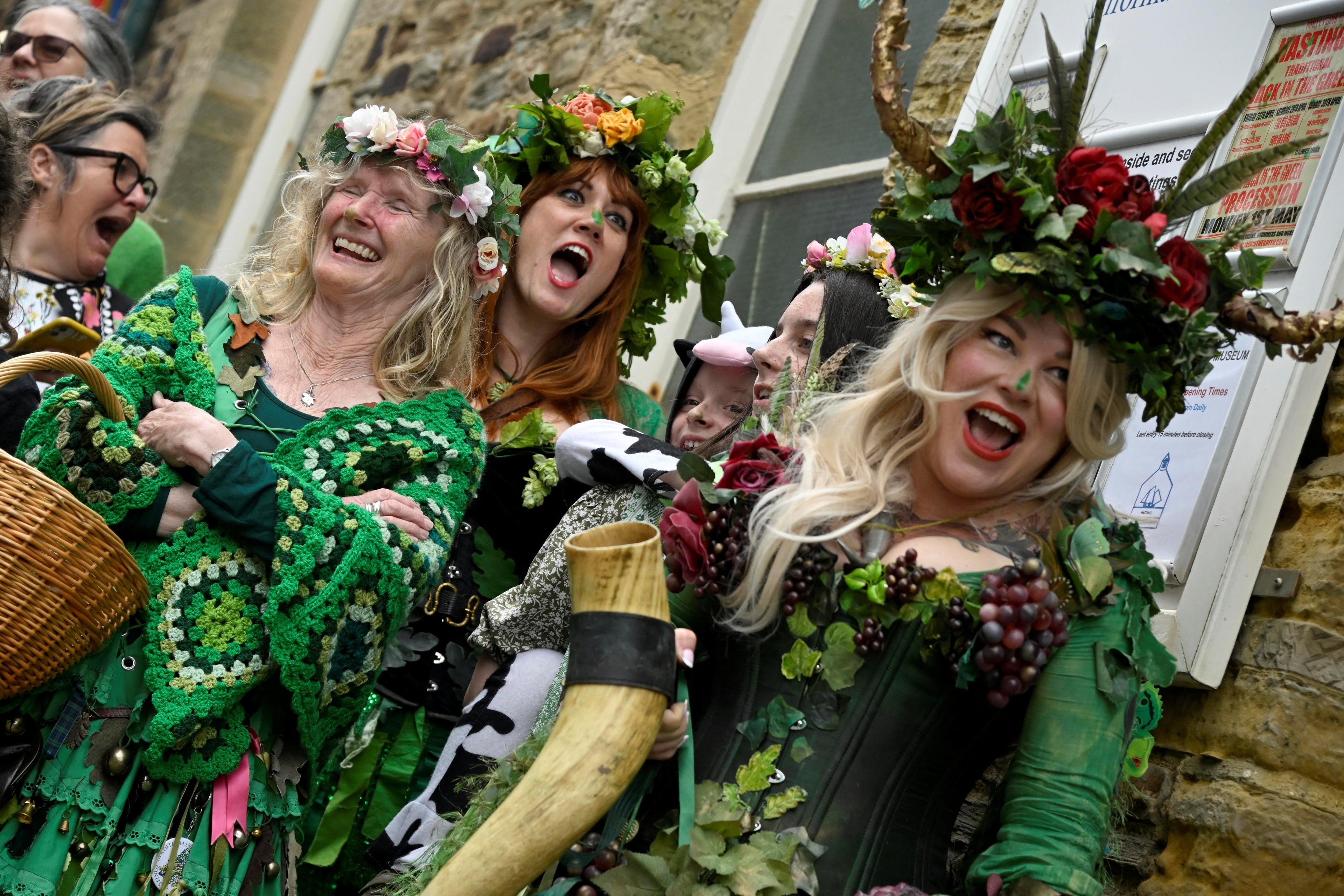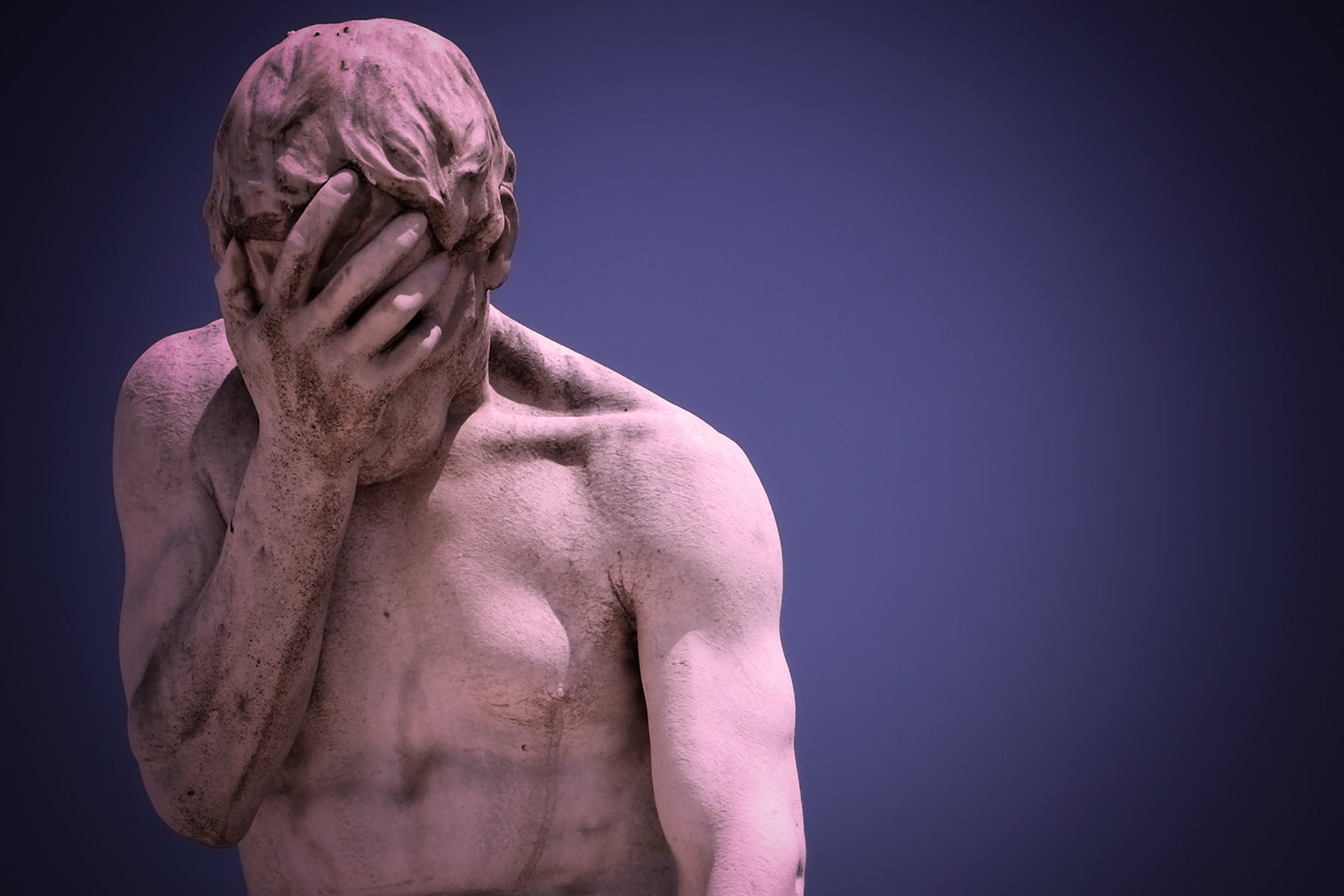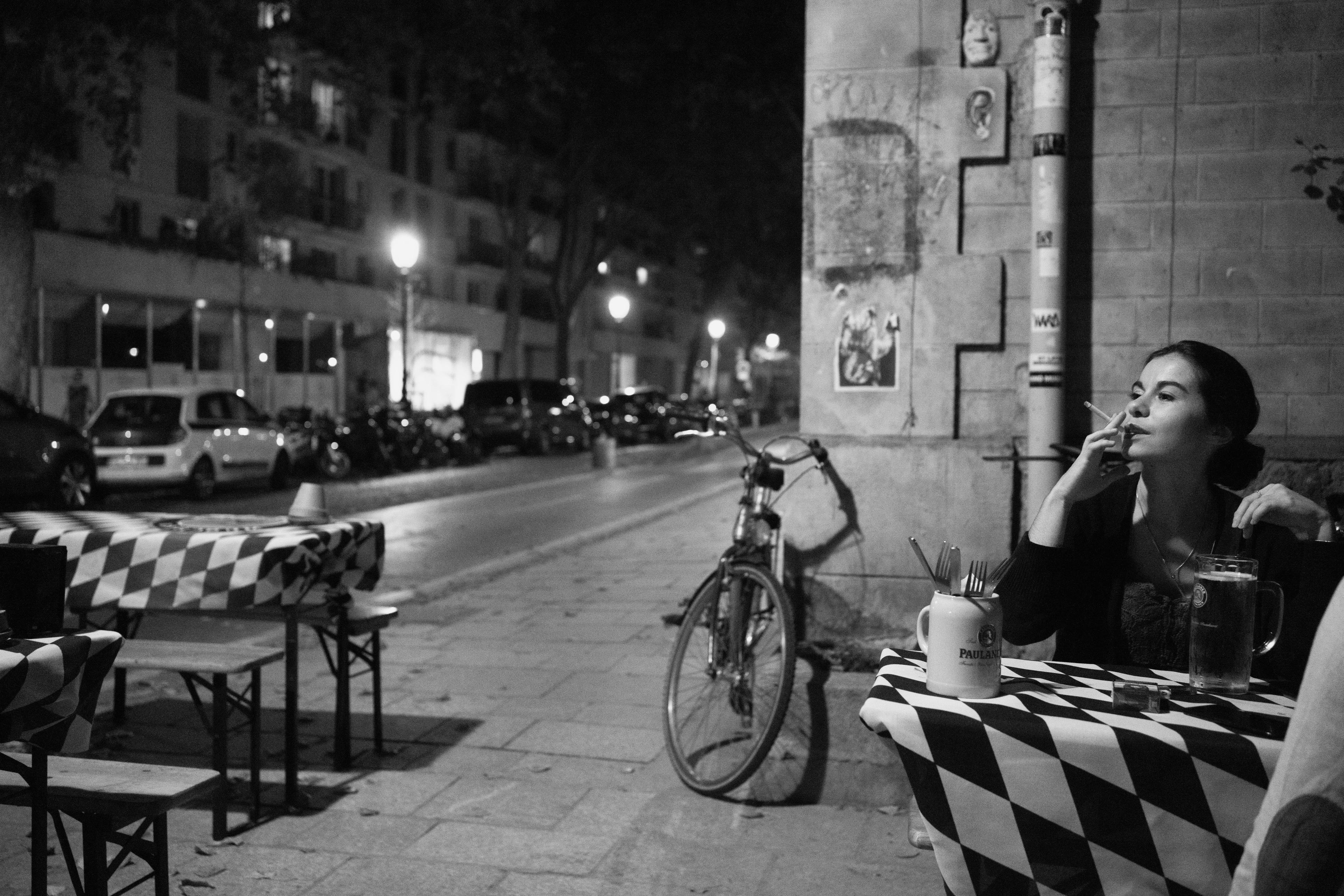You wouldn’t know it from a lot of everyday conversation, filled as it is with strong likes and dislikes and talk of good feelings or bad, but much of the time our take on things is a complicated mess – our opinions and feelings are not black and white, and they don’t point solely in one direction (ie, positive or negative). This can result in internal conflict: what is the right thing to do, feel or believe when you can see more than one side of an issue? I’m fascinated by the psychology of how we navigate these conflicting feelings, and that’s why I’ve been studying guilty pleasures – they offer a unique test bed for understanding the psychology of ambivalence.
Surely, if we’re being honest with ourselves, all of us find comfort in something we’d rather not admit: a cherished nostalgic pop song that hasn’t aged well, a trashy reality TV show that you can’t look away from, or an indulgent comfort food that’s void of any nutritional value. All these are instances of what we would call guilty pleasures, activities that we enjoy but simultaneously feel weird or embarrassed about.
Of course, most people know what guilty pleasures are colloquially – some of your own have likely popped into mind as you read this. However, stated more formally, previous research has found that people consider something a guilty pleasure based on two specific criteria: personal values (ie, they see the guilty pleasure activity as being inconsistent with who they are or who they aspire to be) and social expectations (ie, they fear negative evaluation from others for liking something potentially considered taboo in society). As such, in theory, anything can be considered a guilty pleasure if it fulfils these criteria, and what one person might consider a guilty pleasure might not be considered a guilty pleasure by someone else.
Even though there will always be idiosyncrasies in people’s guilty pleasures, my colleagues and I began our investigations by establishing what kinds of activities people most commonly consider to be guilty pleasures in contemporary Western society.
We asked more than 500 participants, mostly based in the US, to identify a guilty pleasure of theirs. We found the most common responses, accounting for just over half of all answers, fell into two main categories: food-related indulgences (such as sweets, fried foods and fast food) and audiovisual media (including nostalgic childhood TV shows, reality TV, binge-watching, and YouTube content such as ASMR or mukbang videos – that is, clips that give people a pleasant shivery feeling or of people eating large quantities of food, respectively). Other, less common, responses included social media use (eg, scrolling endlessly on TikTok), music-related activities (eg, listening to controversial recording artists like Kanye West) or napping.
These were the main trends, but some participants had unique, and sometimes off-putting, guilty pleasures, such as one participant who cited enjoying ‘taking pictures/videos of people doing embarrassing things in public’ so that they could watch them later with their friends.
We also explored the ambivalent feelings that people have in relation to their guilty pleasures. To do this, we asked our participants about the range of emotions they experienced when thinking about their guilty pleasure. On the negative side, they reported feeling shame, embarrassment and, unsurprisingly, guilt. These findings make intuitive sense, but they also map onto the aforementioned formal criteria for what makes a guilty pleasure in the first place. That is, if a guilty pleasure is an activity that contradicts our personal values, it follows that engaging in it would make us feel guilt and shame. Similarly, if social fears are also a key part of guilty pleasures, it follows that these activities are likely to cause us embarrassment.
Embarrassment isn’t just a feeling, it’s a social filter, shaping what we reveal and conceal to maintain our desired public image
True to the idea that guilty pleasures represent a striking instance of everyday psychological ambivalence, we also found that guilty pleasures elicit a variety of positive emotions including amusement, contentment and enthusiasm. I find it interesting that, overall, people said they felt these three positive emotions more intensely than the negative emotions. This makes psychological sense because positive emotions foster so-called ‘approach-oriented behaviour’, which might be what motivates us to continue indulging in our guilty pleasures in the moment, despite them making us feel guilty, shameful and embarrassed.
These insights into how our guilty pleasures make us feel can help us understand more about when and why we engage in them. Take embarrassment, for which there was a clear pattern: the more embarrassed people felt about their guilty pleasure, the less likely they were to share it with others – regardless of who the audience was. Whether it was a stranger, an acquaintance or even a close friend, embarrassment consistently held people back from wanting to share their guilty pleasures. This finding speaks volumes about the role of self-presentation and ambivalence in everyday life. Even when something brings us genuine enjoyment, if we think it might make us look silly, shallow or unsophisticated, we often choose to keep it to ourselves. In that sense, embarrassment isn’t just a feeling, but rather it’s a social filter, shaping what we reveal and what we conceal to maintain our desired public image.
Conversely, we found that one of the positive feelings provoked by guilty pleasures – enthusiasm – could encourage the sharing of that activity, but specifically with friends and not with other relations. This result suggests that, when it comes to sharing our guilty pleasures with close friends, it’s not just a matter of simply enjoying the activity but rather we actively look forward to indulging in it with them. In my view, this finding reflects the social utility of guilty pleasures, in that, although they are often seen as private preferences, these embarrassing interests also serve to bring close friends even closer together.
All these findings still leave a key burning question: if guilty pleasures carry such emotional baggage, why do we indulge in them at all? That is, why not restrict ourselves to enjoyable activities that don’t cause us any negative feelings? When we asked our participants to reflect on why they engaged in their guilty pleasure, they offered a range of reasons including boredom, habit and the activity being a form of planned self-reward, but of all the given reasons, one motivation was mentioned more than the others – to reduce stress. These are early, tentative findings, but it seems we don’t just turn to our guilty pleasures for fun, but to soothe, escape or reset from the pressures of our day-to-day.
This notion of guilty pleasures offering an opportunity for escapism is perhaps relatable. In moments when life feels overwhelming (eg, coming home after a gruelling day of work or coping with a dramatic breakup), there’s an impulse to collapse on the couch, queue up the silliest, most mindless TV show you can find, and maybe even eat your way through an entire pizza just to feel something familiar, something comforting. Thus, despite cognitive dissonance making us feel like we shouldn’t engage in these activities, we justify our decision to do so to give ourselves a momentary exit, a psychological ‘soft space’ to land on following some stressor.
There’s a reason the image of an angel and a devil perched on our shoulders has endured – this metaphor captures what it means to wrestle with conflicting feelings. The angel says ‘no’, the devil says ‘go’. And by studying the psychology of guilty pleasures, we’re gaining deeper insight into how people navigate their mixed emotions, not just in rare, dramatic moments, but also in the rhythms of daily life. Put differently, investigating guilty pleasures can help us understand the psychology underlying the competing influences of the angel and devil on our shoulders.
What careers we pursue, where we choose to live, who we date or marry, and so on involve us making decisions based on balancing the pros and cons, the positive and negative. More important, these situations reflect how life is complex, and how many of the choices we make across our lifetimes are not simple or solely black and white. Of course, whether someone chooses to listen to Sisqó’s ‘Thong Song’ (2000) is not nearly as life-changing of a decision as these. But the next time you find yourself pondering whether to indulge in a guilty pleasure, you might pause to marvel at the complex psychology it captures in that moment: the internal mechanisms that discern how you negotiate between who you are, who you want to be, and how you choose to have fun in the process.
